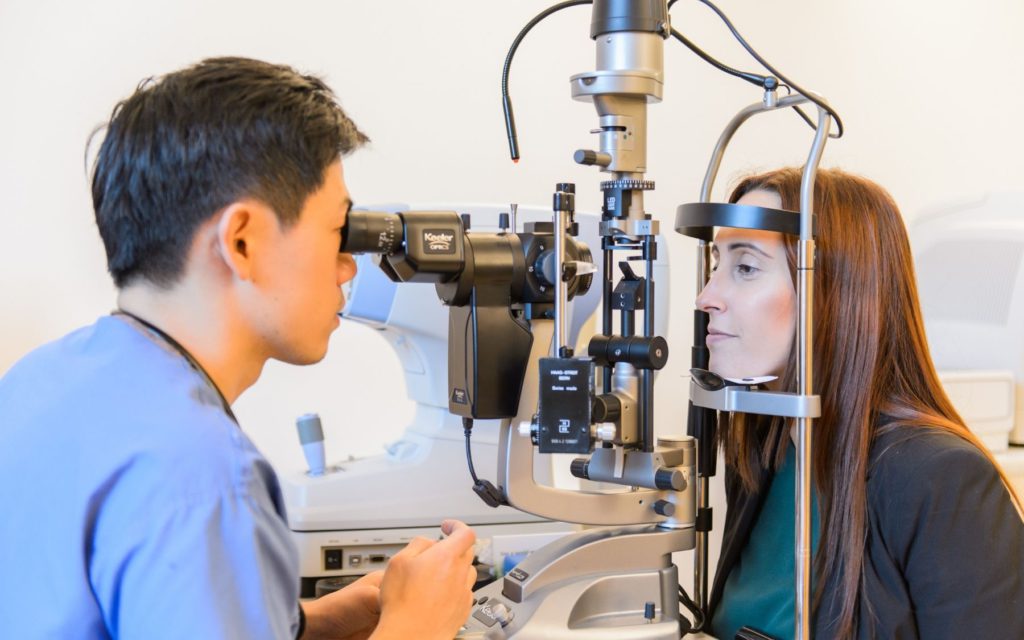While lifestyle changes cannot cure glaucoma, they can play a supportive role in managing the condition and slowing its progression. It’s important to note that lifestyle modifications should be discussed with your eye care professional, and any changes should be part of an overall treatment plan. Here are some lifestyle factors that may be considered:
Regular Exercise: Engaging in regular physical activity, such as walking, swimming, or other low-impact exercises, may help in maintaining overall health. However, it’s essential to avoid activities that involve heavy lifting or those that increase intraocular pressure (IOP), as this can be a concern for some individuals with glaucoma.
Healthy Diet: A balanced and nutritious diet that includes fruits, vegetables, whole grains, and lean proteins may contribute to overall health. Some studies suggest that foods rich in antioxidants and omega-3 fatty acids may be beneficial for eye health.
Maintaining a Healthy Weight: Maintaining a healthy weight can contribute to overall well-being. Obesity has been associated with an increased risk of certain eye conditions, including glaucoma.
Hydration: Staying adequately hydrated is important for overall health, and it may have some benefits for eye health as well. However, excessive fluid intake in a short period can increase intraocular pressure, so it’s advisable to spread fluid intake throughout the day.
Stress Management: Chronic stress can potentially impact eye health. Engaging in stress-reducing activities, such as meditation, yoga, or deep breathing exercises, may be beneficial.
Avoiding Smoking and Excessive Alcohol Consumption: Smoking and heavy alcohol consumption have been linked to an increased risk of certain eye conditions, so quitting smoking and moderating alcohol intake may be beneficial.
It’s crucial to remember that these lifestyle changes are not a substitute for medical treatment prescribed by your eye care professional. Always consult with your healthcare provider before making significant changes to your lifestyle, especially if you have been diagnosed with glaucoma.
Additionally, adherence to prescribed medications, regular follow-up appointments, and other treatments recommended by your eye care professional are fundamental in managing glaucoma effectively. Early detection and consistent management are key to preserving vision and preventing further damage.
Book in for your consultation here with Mr Vik Sharma, Consultant Ophthalmologist at Harley Street Eye Hospital.





0 Comments